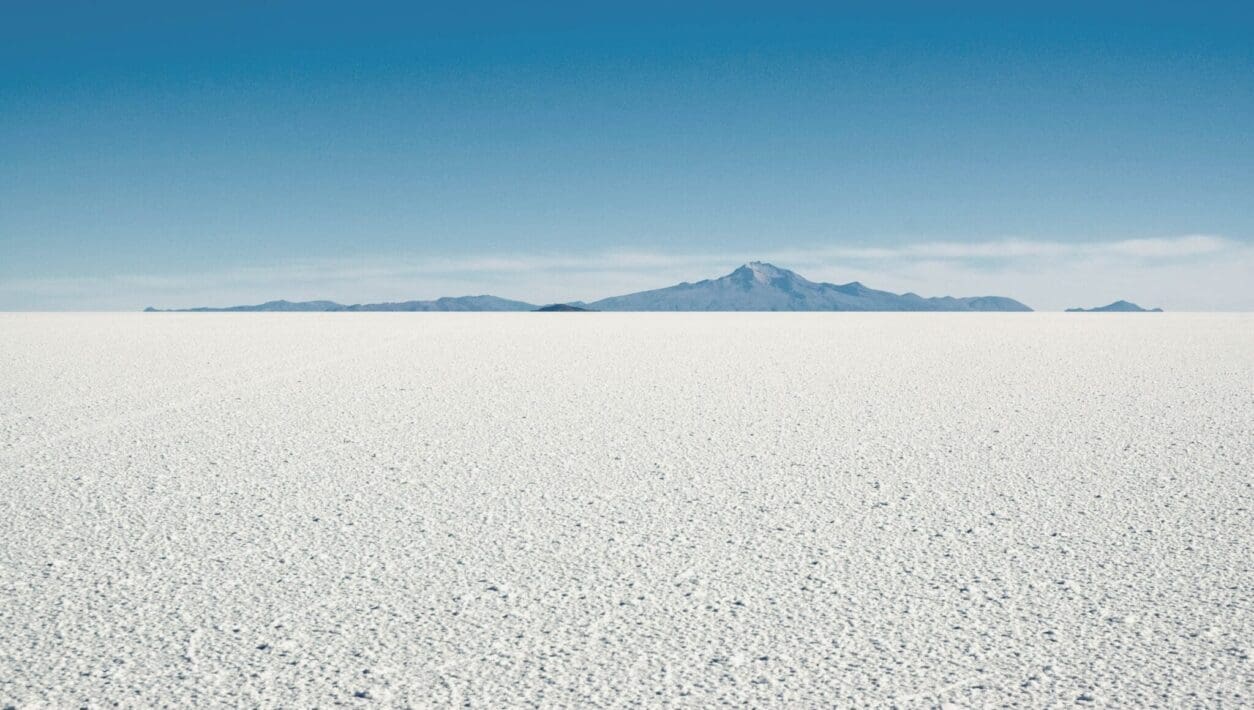What does it mean when Jesus says “you are the salt of the earth”? Learn about what it means to be a citizen of Heaven living in a fallen world.
“You are the salt of the earth. But if the salt loses its saltiness, how can it be made salty again? It is no longer good for anything except to be thrown out and trampled by men.” Matthew 5:13

Jesus was an incredible communicator, since He is the “Word of God,” and despite the strange use of language by many of our political leaders, words are meant to transmit meaning from one mind to another. Jesus was exceptionally good at putting pictures into people’s minds, pictures of spiritual truth in homely everyday language. This is precisely what our Lord does in this verse. His topic is the proper and improper relationship between the citizens of the Kingdom of Heaven (i.e. Christians) and the society which surrounds them. Citizenship in the Kingdom is clearly defined by the Beatitudes of Matthew 5:3-12. Those who are poor in spirit (i.e. knowing their own spiritual bankruptcy before God), who mourn over sin, who are meek, who hunger and thirst after righteousness, will also be merciful to others, pure in heart toward the world, and on mission with God to be peacemakers. Such people will undergo persecution for their love for righteousness, but they will continue anyway. These kinds of people are the “salt of the earth.” But according to Jesus, there is a danger that the salt will somehow cease being salty.
In the time of Christ, there was no refrigeration, so food spoiled quickly in the Palestinian heat without some kind of preservative. For this reason, most people only ate meat in large feasts when a full calf or bull would be slaughtered. As soon as the slaughter occurred, the decay began to set in. Only salt could delay the process long enough to allow consumption over a longer period of time. Rock salt, mined from salt mines like Jedel Usdum just south of the Dead Sea, was the best preservative available at the time. The Romans placed such a high value on salt that sometimes their soldiers were paid with salt cakes. The Latin word for salt is sal, from which we get our word salary. A soldier not doing his duty was said to be “not worth his salt.” Because of this, however, salt was taxed heavily by the Romans and there came a practice of mixing salt with earth to reduce the tax burden. By the time this salt reached the consumer, of course, it was so impure that it was worthless. Such salt was thrown into the “dumpster” of the Ancient Near East… the street.
Jesus picked this vivid image to discuss the purpose God has for Christians in society—namely, as that which slows the spread of corruption. Sin unchecked destroys a society, and this makes it very difficult for the gospel to advance because of the ensuing chaos. This is the very reason why Paul said we should pray for secular governments, that “we may live peaceful and quiet lives in all godliness and holiness” (1 Tim. 2:1-2). He goes on to connect this directly with the spread of the gospel in the next two verses: “This is good and pleases God our savior who wants all men to be saved and to come to a knowledge of the truth” (1 Tim. 2:3-4). If Christians aren’t salt in the society, the decay caused by the sins of unbelievers will accelerate so quickly that the gospel advance will be grossly hindered.
“Jesus’ topic is the proper and improper relationship between the citizens of the Kingdom of Heaven (i.e. Christians) and the society which surrounds them.”
But Christians can only retard societal decay and help advance the Kingdom by preaching the gospel if they are living open, courageous, counter-cultural lives of witness according to the radical principles laid out by their King in this Sermon on the Mount. If we compromise with the world, we will lose our saltiness and become worthless, “good for nothing.” All too often these days, there is so little difference between a Christian and his non-Christian neighbor or co-worker. And if this is so, Jesus’ question should haunt us: “How can it be made salty again?”


